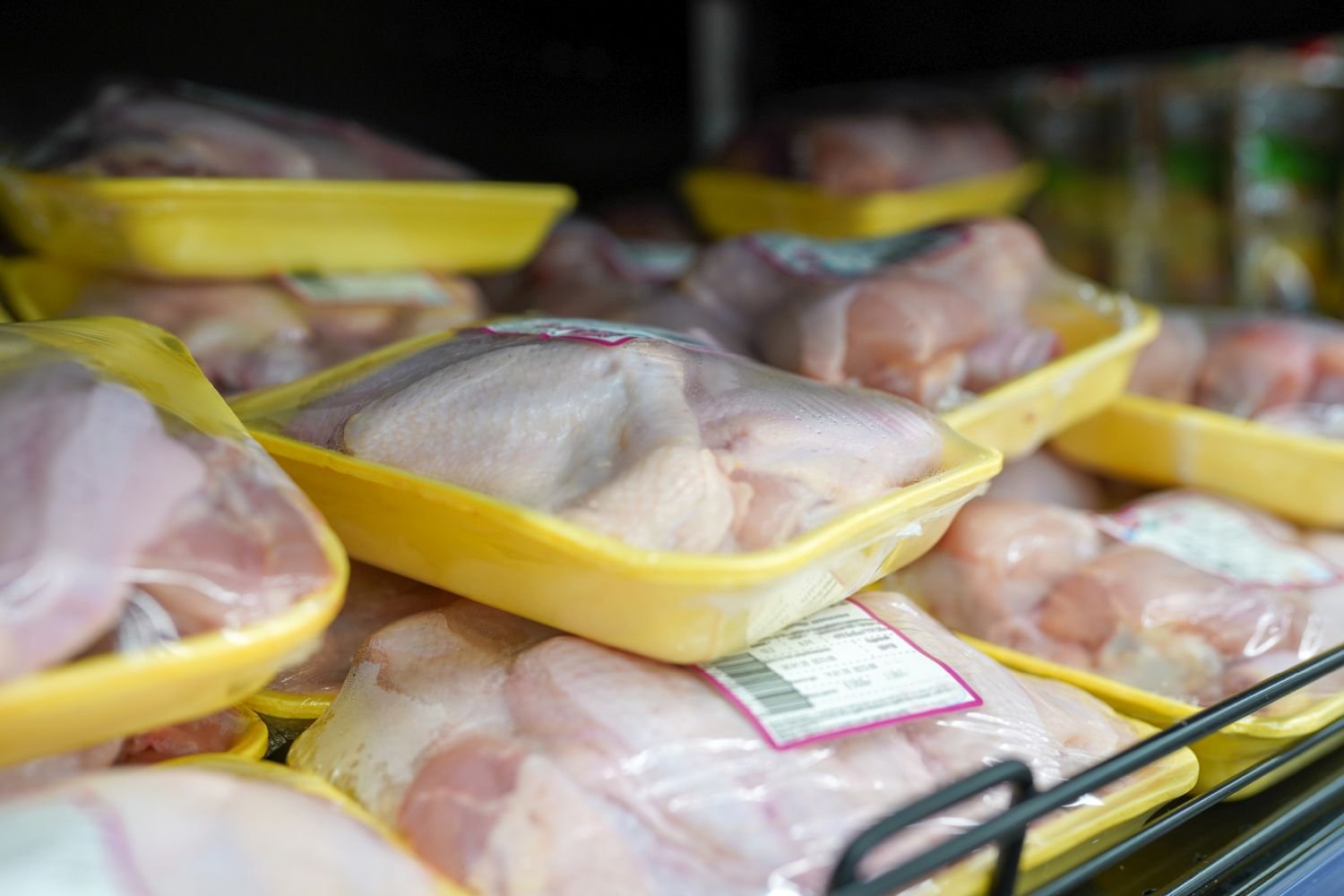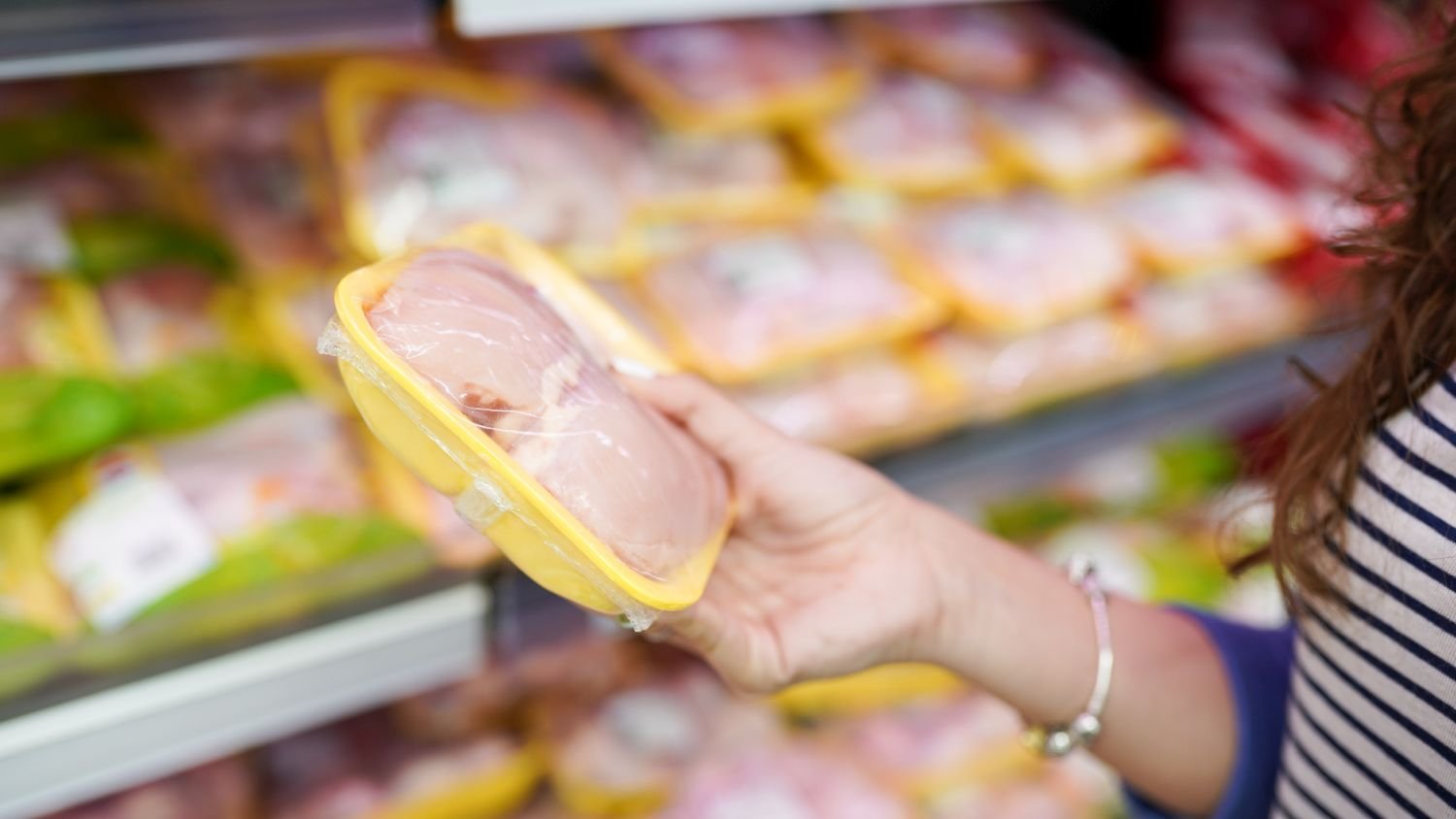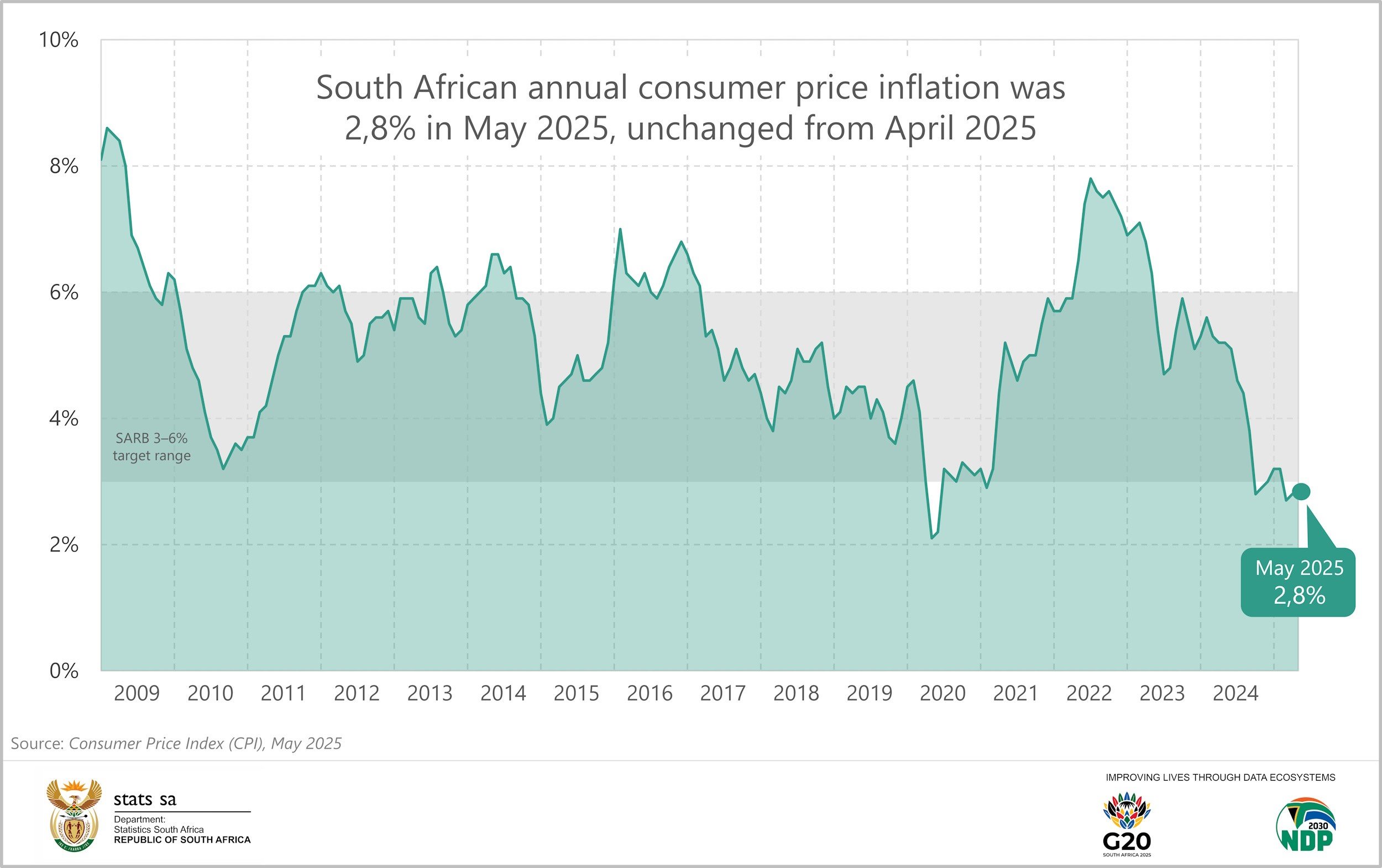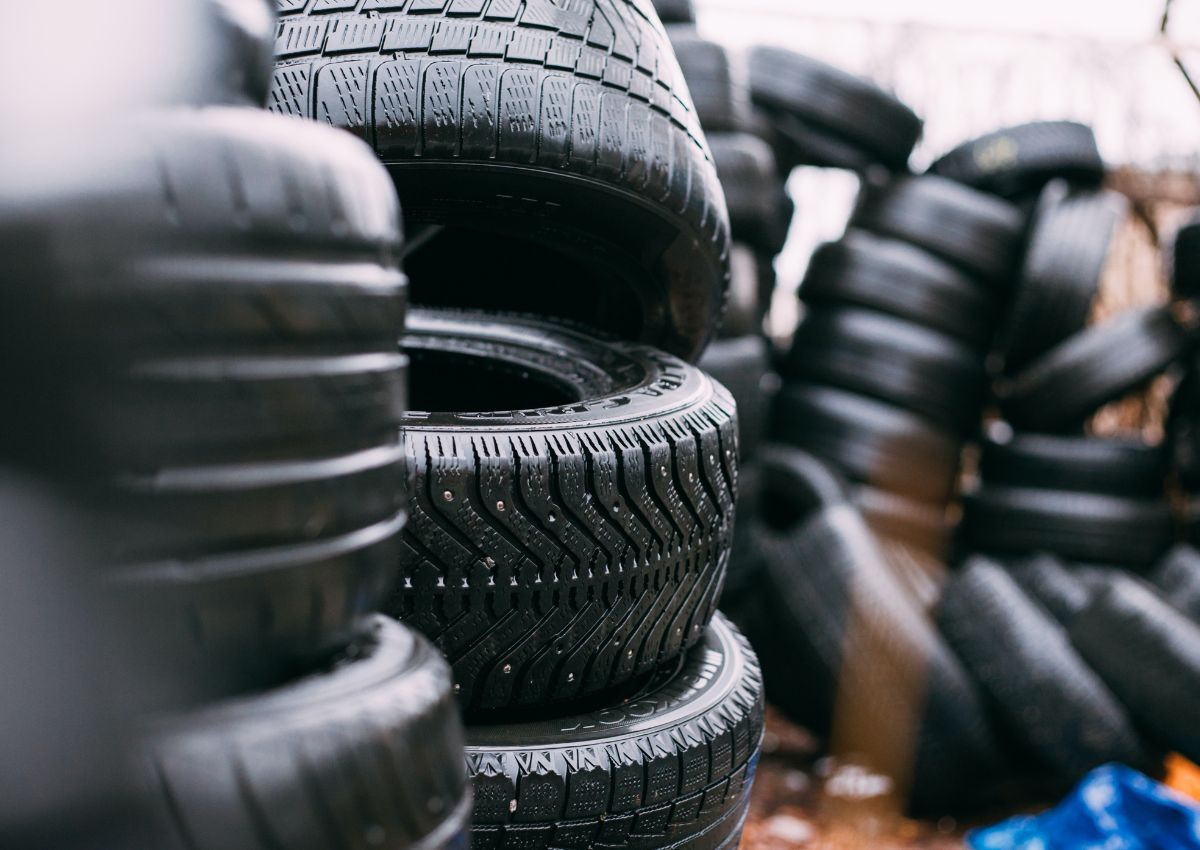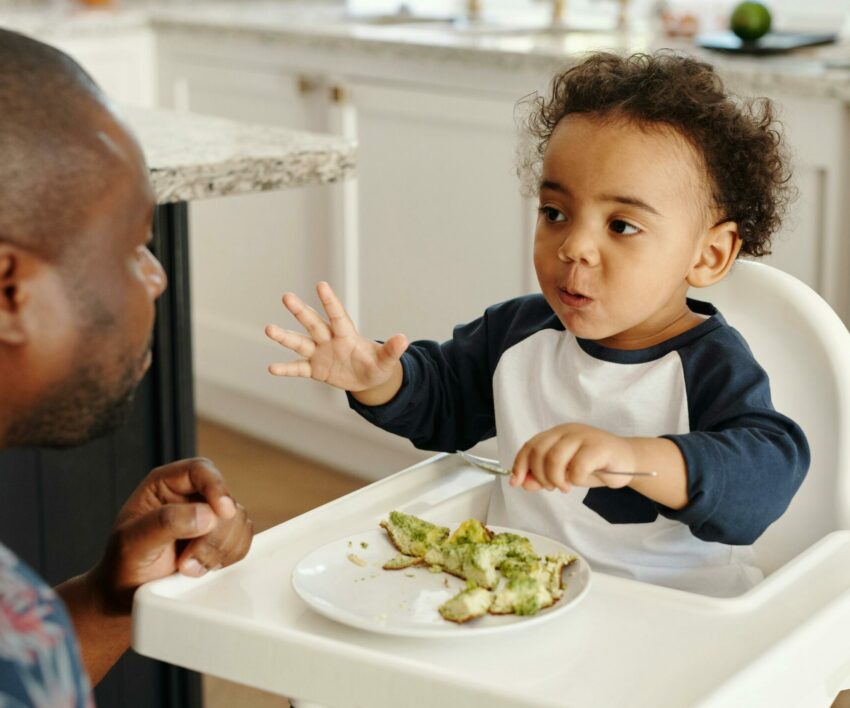The ban on imports from Brazil could have presented an opportunity to boost local production of chicken meat and offal, rather than relying on imports.
The South African Poultry Association (Sapa) is not impressed with the Department of Agriculture’s decision to partially lift the ban on chicken from Brazil, as the association believes this move could have consequences on local producers.
A blanket ban was imposed on poultry imports from Brazil after one state in the country reported an outbreak of avian influenza, commonly known as bird flu. Brazil supplies more than 84% of South Africa’s poultry imports.
Many feared the blanket ban would result in a chicken shortage and an increase in chicken prices. However, Sapa stood firm with the belief that SA local producers should view this as an opportunity to learn how to stand on their own and produce enough chicken to fill the gap, as they are more than capable of doing so.
ALSO READ: Bird flu: worry not, it is safe to eat eggs and chicken
Produce chicken locally
As of Thursday, 19 June 2025, certain Brazilian states that do not have cases of bird flu can import chicken to South Africa. Sapa says the move by the department comes as a surprise.
Izaak Breitenbach, CEO of Sapa’s Broiler Organisation, told The Citizen the ban on imports from Brazil could have been seen as an opportunity for more local production of chicken meat and offal instead of importing them.
“It would have created jobs and assisted in keeping chicken prices down in the long run. This move will thus support imports at the expense of local production.”
Hush decision to allow chicken from Brazil
When asked if the association is worried the move might put the country in danger, Breitenbach said, “Yes, it is a bit of a hush decision.”
“We hope that the compartmentalisation actions are implemented with the necessary care.”
The department stated that the decision to partially lift the import ban on poultry was made after it received a second report from Brazil’s Ministry of Agriculture and Livestock, which detailed how Brazil had contained the outbreak to one state.
“This partial lift may be withdrawn should the outbreak be found to have extended to other states within Brazil.”
ALSO READ: Egg prices increasing globally due to US shortage — Should SA take advantage and export?
‘Not out of the woods yet’
Arnold Prinsloo, CEO of Eskort, told The Citizen that they welcome the speedy response from the government, but “we are by no means out of the woods yet”.
Eskort makes use of the mechanically deboned meat (MDM) from Brazil to make polony, viennas, russians and braaiwors. He previously stated that the blanket ban on Brazilian imports would put production lines to a standstill before the end of June.
“Although the Department of Agriculture has agreed to a partial lifting of the suspension, the process is as follows: Brazil has to send a certificate to the government, and together they need to agree on the legalities and wording,” added Prinsloo.
“Once that certificate is in place, we can only then place orders to Brazil. Production has been halted in Brazil, resulting in a two-week lead time for production.
“Those orders will take six weeks to get here, and then one to two weeks to clear customs. Thus, there will still be an impact on consumers, businesses and food security at large.”
Ease pressure on the food basket
Imameleng Mothebe, CEO of the Association of Meat Importers and Exporters (AMIE), welcomed the news, saying they hope it will ease pressure on the food basket.
“South Africans have already seen poultry prices surge in recent weeks, we hope this decision will help ease pressure on the food basket, especially as MDM and affordable chicken cuts are vital to lower-income households and the processed meat sector.”
The association has urged the Department to accelerate the reopening of other key poultry import markets, including France, the Netherlands, Belgium and Denmark, which remain closed to South Africa despite their successful containment of earlier avian flu outbreaks, as declared to the World Organisation for Animal Health (WOAH).
NOW READ: Here are the economic and social impacts of bird flu
